
Summer reads with real impact
Business school faculty and staff recommend eight books — from inspiring memoirs to the evolving significance of technology in our lives and work — to help expand students' horizons this summer.
There's no better time than summer break to catch up on your "to-read" list. Whether you're interested in learning more about AI's role in business, getting organized before the back-to-school season, or forming stronger connections with peers and colleagues this fall, W. P. Carey faculty and staff are sharing their summer reading recommendations to help students expand their minds and navigate personal fulfillment.
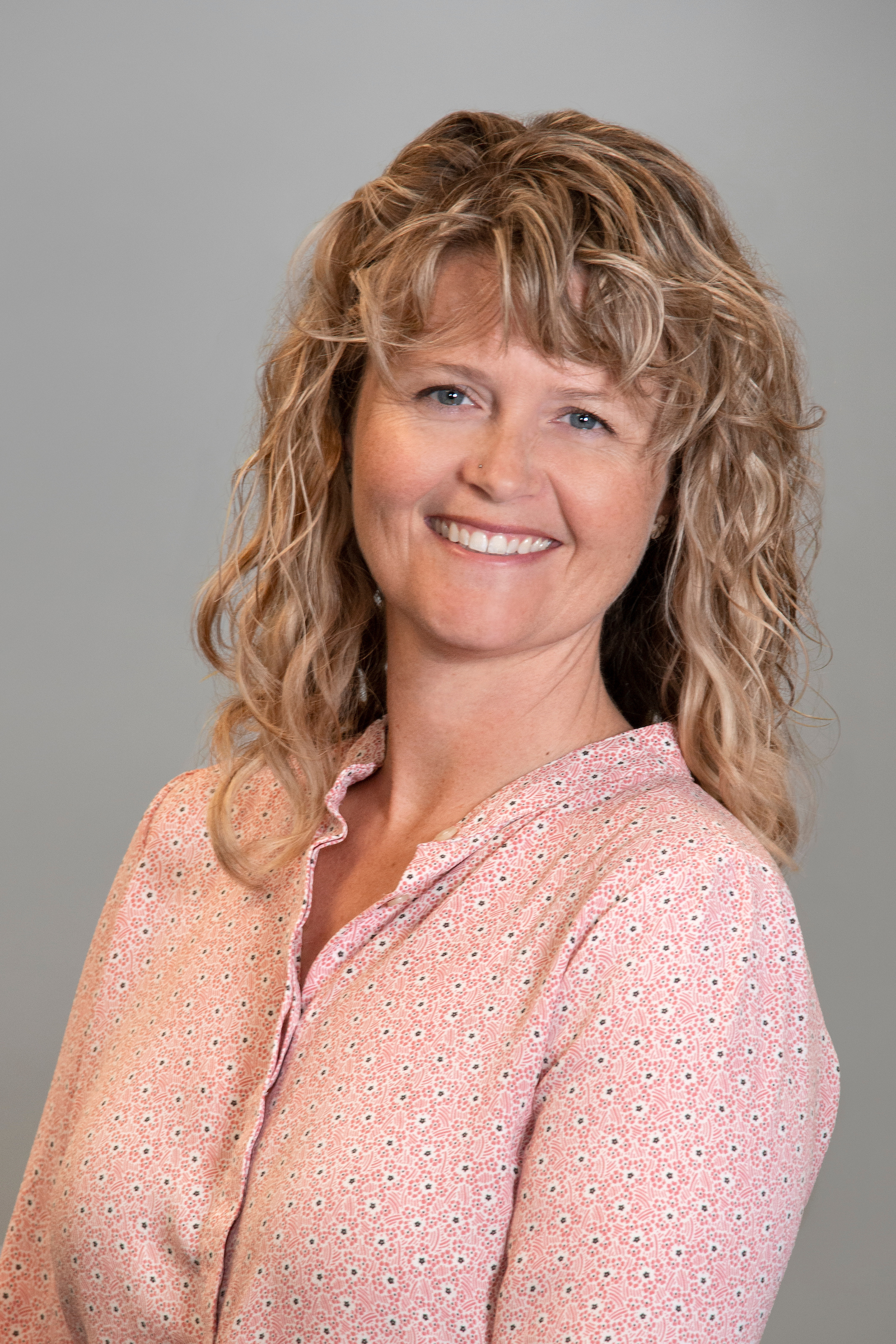
"Think Like a Monk: Train Your Mind for Peace and Purpose Every Day" by Jay Shetty
Recommended by Nyomi Gruber, human resources program manager
I recommend this book to anyone interested in enhancing their personal growth and strengthening their ability to work and connect meaningfully with others. In "Think Like a Monk," Shetty draws on his experiences living as a monk to share insights on living with purpose, clarity, and compassion. He writes about approaching others with empathy, communicating with intention, and fostering deeper connections by first understanding ourselves. In a professional setting, where collaboration and communication are essential, these skills are especially valuable. Since reading this book, I have become more mindful in my interactions, which has helped me engage more intentionally with the world around me.
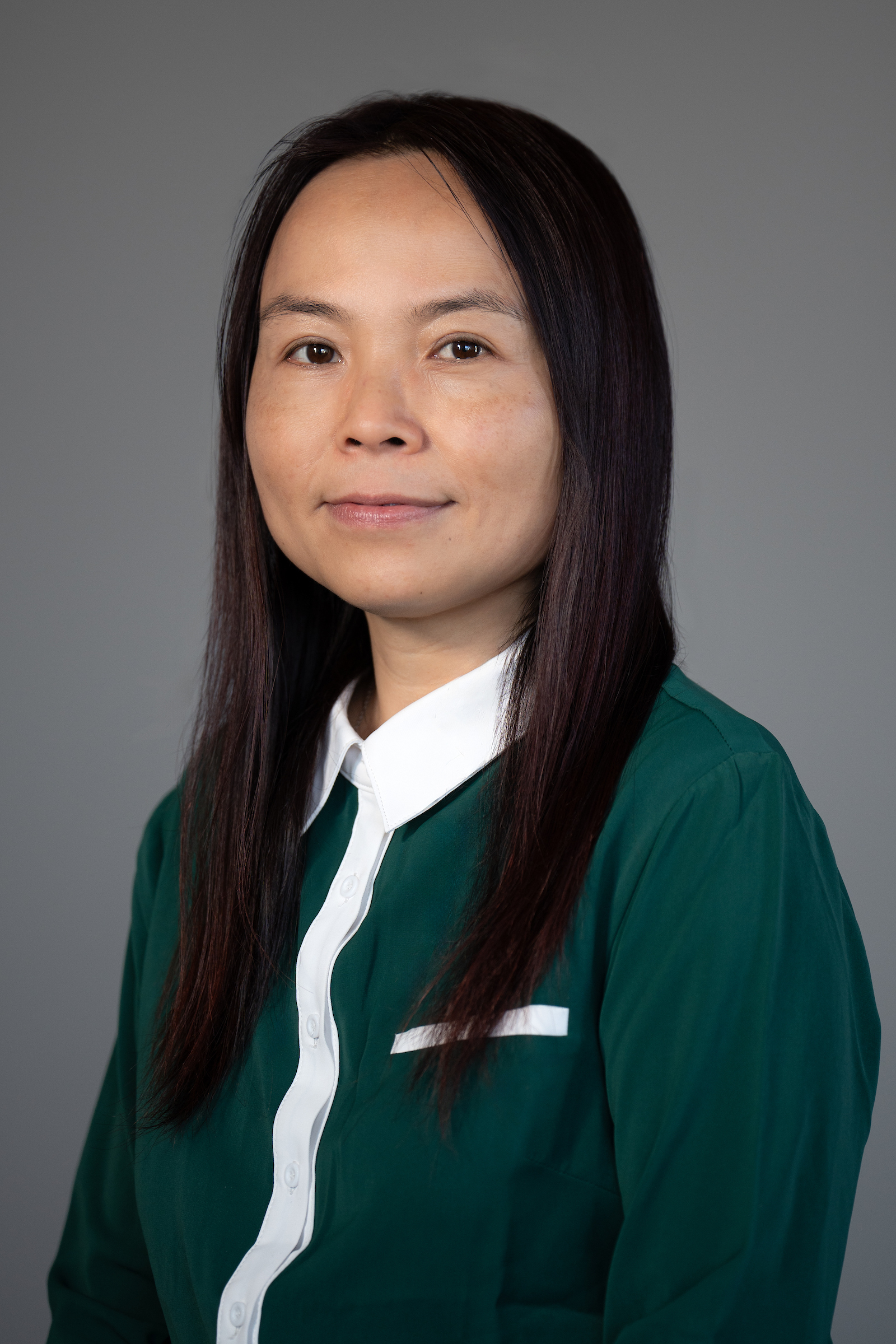
"Leading Through: Activating the Soul, Heart, and Mind of Leadership" by Kim B. Clark, Jonathan R. Clark, and Erin E. Clark
Recommended by Lu Xiao, clinical professor of information systems
In this modern society, where we must learn to coexist with increasingly powerful AI tools, we must invest more in fostering and deepening human connections. But what does this mean for business leadership? The "leading through" paradigm provides an answer: Power is realized through others, not over them. This book argues that the power of humanity creates thriving organizations, and under this paradigm, the soul of leadership work lies in contributing to society through good deeds. The heart of leadership goes beyond task completion — it involves offering genuine care and support and helping people to thrive by finding meaning in their work. Ultimately, the leadership mindset ensures the productive, efficient, and sustainable use of resources through a repeatable process that we pursue in harmony with the soul and heart. To help leaders transition into the "leading through" paradigm, the authors provide practical guidelines, real-world business cases, and actionable strategies for achieving these objectives.
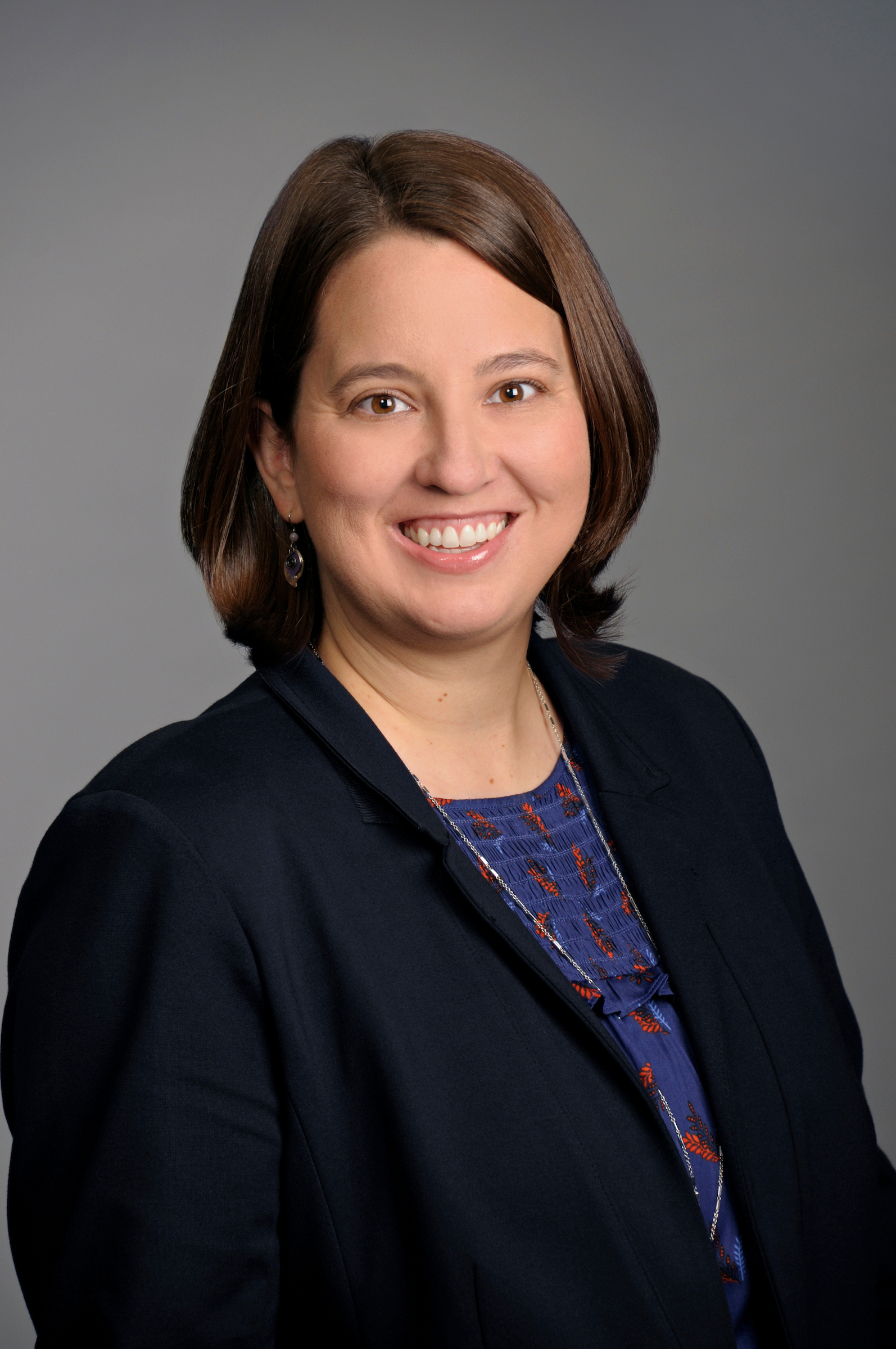
"The Sun Does Shine: An Innocent Man, A Wrongful Conviction, and the Long Path to Justice" by Anthony Ray Hinton and Lara Love Hardin
Recommended by Erica Day, associate director of student academic services
I recently read this memoir that chronicles the story of Anthony Ray Hinton, a man wrongfully convicted of a crime he didn't commit and placed on death row for 30 years. The injustice of Hinton's situation is apparent; however, what struck me most was his commitment to hold on to hope and persevere in seeking the truth, even as he watched those in nearby cells taken to their executions. Hinton built strong relationships with the guards through his positive attitude and started a book club with fellow inmates after advocating for permission to have books in their cells. These men, who came from diverse backgrounds and walks of life, took turns reading the few available copies and discussing them together. In the process, death row became a place of learning, growth, and unexpected friendship. While most of us will thankfully never be in Hinton's position, we can learn from how he maintained hope in the face of unimaginable difficulty. This book is incredibly inspiring — and, spoiler alert, Hinton was finally freed in 2015 and continues to share his message of hope with others.
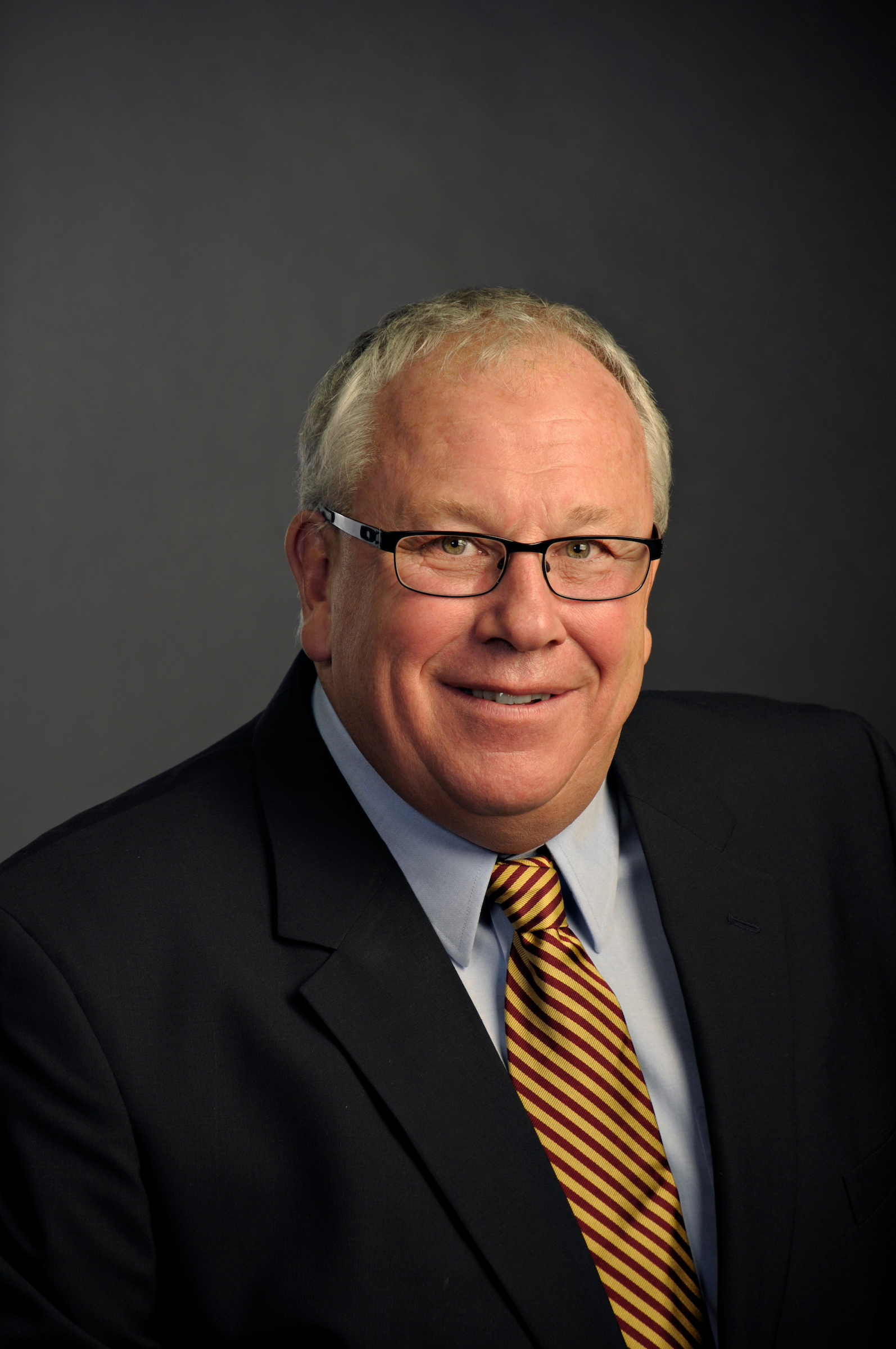
"The Idea Factory: Bell Labs and the Great Age of American Innovation" by Jon Gertner
Recommended by Jeff Englin, professor of agribusiness
From its inception in a bargain with the trustbusters of the early twentieth century to its closure when the trustbusters revisited AT&T in the 1980s, Bell Labs was one of the greatest sources of innovative ideas and inventions. With a research agenda that did not anticipate marketable outcomes until decades into the future, the lab's inventions were nearly science fiction. Bell Labs created everything from solar panels to transistors, to information theory, to digital computing, and even the Big Bang theory. This book, which details how the leaders ran and organized the lab as well as the visionaries who worked there, is a study in achieving greatness.

"Building a Second Brain: A Proven Method to Organize Your Digital Life and Unlock Your Creative Potential" by Tiago Forte
Recommended by Danalee Abrams, director of academic advising
Can we discuss how students today are overwhelmed by information? I watch our brilliant students (and staff and faculty, too!) struggle not because they can’t understand the material, but because they have notes strewn across seventeen different apps and can’t find information when they need it most. Enter "Building a Second Brain" by Tiago Forte. This book is a game changer for anyone who's ever thought "I know I wrote that down somewhere…" Forte's CODE method — Capture, Organize, Distill, Express — teaches you to build a digital system that works by turning all that scattered information into something you can use to crush your projects and career goals. Trust me: In a world where AI is changing everything, the students who master this kind of knowledge management are going to be the ones who thrive. I discovered this book in my 40s, and it has dramatically improved my career and creative life. If I found this when I was 18 — forget about it! This book will completely change how you think about all the digital stuff you've been collecting and turn you into someone who creates amazing work with efficiency instead of just hoarding random sticky notes.
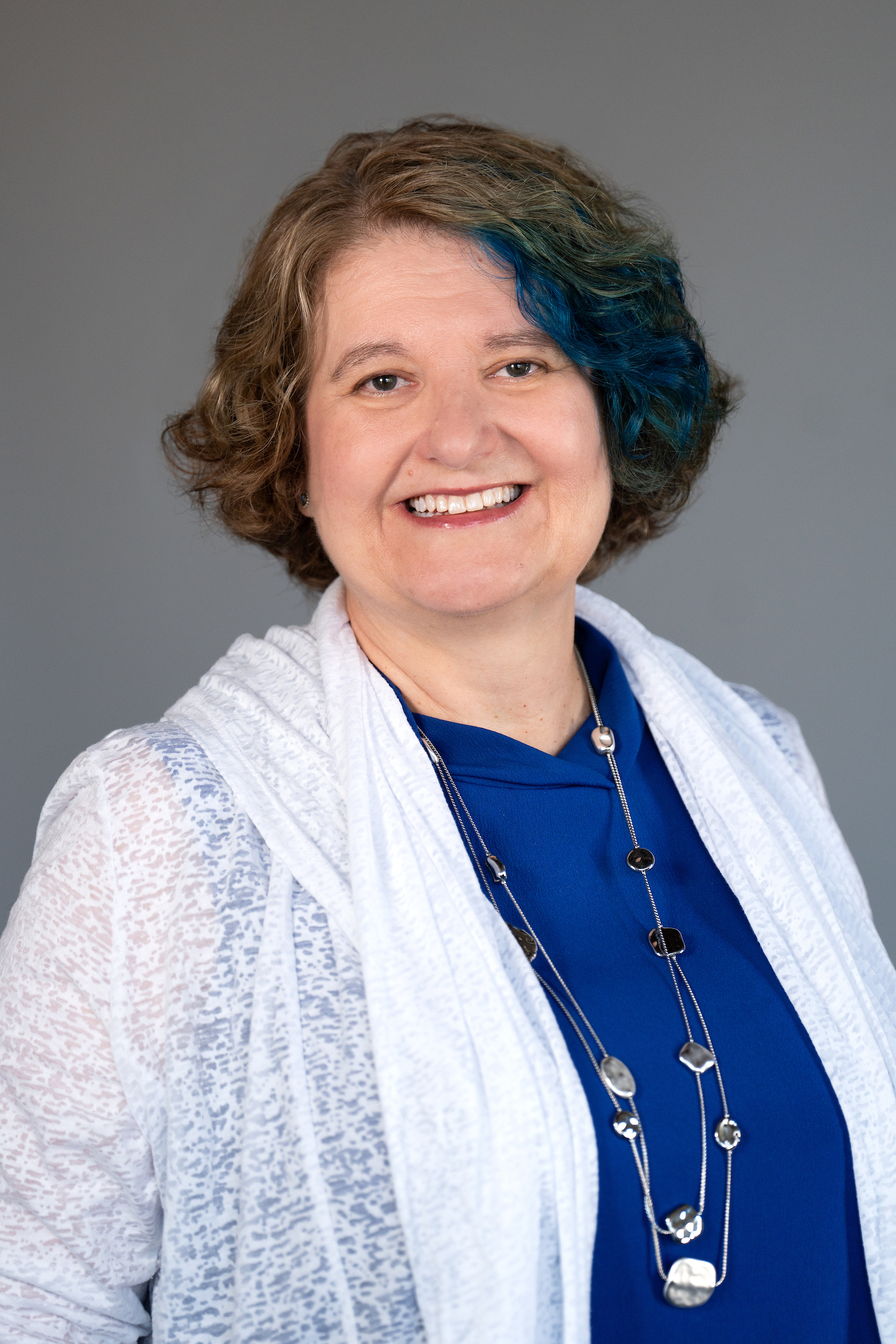
"Rewiring Your Mind for AI: How to Think, Work, and Thrive in the Age of Intelligence" by David Wood
Recommended by Joy Gray, clinical professor of accountancy
It is difficult to deny that AI will have a transformative impact in the workplace — in fact, it already is — and this book discusses how we can prepare for it by describing AI in clear language and discussing how it is transforming professions. Another AI-related book I recommend is the classic "Thinking, Fast and Slow" by Daniel Kahneman. Learning more about and considering the shortcuts our brains take without AI, as Kahneman describes in this book, can help us be more responsible in our AI usage.
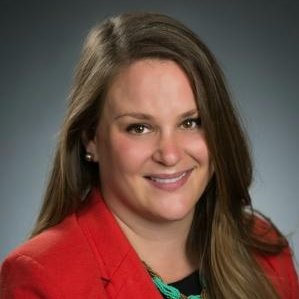
"Life of Pi" by Yann Martel
Recommended by Rebecca Mallen-Churchill, senior director of graduate recruitment, admission, and financial services
I read "Life of Pi" for the first time about 15 years ago, and as soon as I closed the book... I immediately opened it again to start over. It’s poetic, confusing, beautiful, and horrifying — just like life. It's one of those rare books that makes you think differently about everything: faith, survival, storytelling, and what it means to believe in something. I recently took my son to see the stage production at ASU Gammage, and it opened a whole new, magical version of the story. Two lines from the book have stuck with me since reading it so many years ago: "Choosing doubt as a philosophy of life is akin to choosing immobility as a means of transportation," and "If you stumble at mere believability, what are you living for? Isn’t love hard to believe?" This book is wild and weird and full of wonder — and I can't recommend it enough.
 "How the World Ran Out of Everything: Inside the Global Supply Chain" by Peter S. Goodman
"How the World Ran Out of Everything: Inside the Global Supply Chain" by Peter S. Goodman
Recommended by Harish Guda, assistant professor of supply chain management
This book explores the significant shortages that U.S. consumers experienced during the aftermath of the COVID-19 pandemic. In March 2020, there were sudden, significant policy changes that affected every aspect of everyday life — for example, the shift to remote work prompted consumers to upgrade their home offices, home gyms, and eat in — which led to immediate changes in consumption habits and led to an abrupt and unanticipated spike in the demand for certain products.
When product demand was stable before the pandemic, firms selling these products optimized their supply chains for cost through low holding inventory and just-in-time policies, so the increased offshore production of these goods during the pandemic led to significantly higher fulfillment lead times. To compensate for the sudden spike, firms found innovative but costly logistics solutions, like shipping Peloton bikes overseas via air instead of ocean freight. As time passed and firms began restocking inventory, consumer tastes shifted again, and firms with excess inventory were forced to markdown their products.
This book offers an excellent deep dive into the U.S. supply chain and logistics network, its costs and capacities, challenges related to scaling up and down, and glimpses into pressing and hotly debated issues, like on-shoring, near-shoring, friend-shoring manufacturing, rising labor costs, and the evolution of future supply chains.
Related stories
Recommended reading from W. P. Carey faculty
Six W. P. Carey faculty share summer reading recommendations to expand students' horizons.
2025 wellness wisdom: Expert tips to transform your year
Discover books and podcasts recommended by W. P. Carey faculty to guide your mental and physical wellness journey.
Latest news
- Artificial intelligence in business master's degree helps Nathan Merriman combine business strategy with technology
Nathan Merriman (MS-AIB '25) had been working in business for a few years when he learned about…
- How the Executive MBA empowered Scott Gates to be a mission-driven leader
Scott Gates (BS Marketing '04, Executive MBA '15) had a very positive experience during his…
- Fall 2025 W. P. Carey Dean's Medalists honored at celebratory luncheon
Top grads from each program recognized for academic excellence and lasting impact on the ASU…